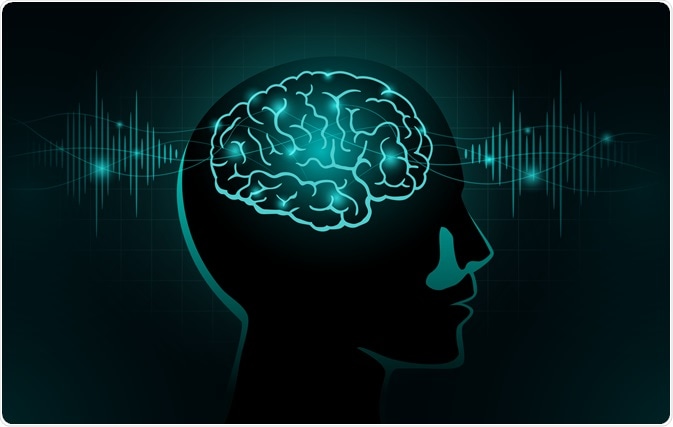A stroke is a life-changing event that can have significant long-term effects on the function of the brain, due to damage to the brain cells during the event. Promising research has suggested that music therapy may have a role to play in the follow-up therapy after having a stroke, to minimize the effects and help improve the quality of life of the patients.
Music therapy is usually used in conjunction with traditional medical treatment after a stroke. There have been various studies that have supported the use of music therapy post-stroke, with finding to show that the combination therapy is more effective than a pharmaceutical approach alone.
 Image Credit: solar22/Shutterstock.com
Image Credit: solar22/Shutterstock.com
Complications of stroke
The effects of having a stroke can vary considerably between different patients, depending on the specific factors of the event. These neurological deficits and other symptoms may include:
- Muscle weakness
- Muscle paralysis
- Loss of coordination and balance
- Loss of sensation
- Dysphagia
- Aphasia
- Pain
- Loss of memory
- Confusion
- Irritability
- Anxiety
- Depression
The role of music therapy
Music therapy may be beneficial in the treatment plan for patients following a stroke for a number of reasons.
Rhythmical music can help to increase patient movement and improve muscular control. For example, playing a drum can increase the range of motion of the arm, or walking to the beat of the music can help to increase control of the muscles.
Listening to music has also been linked to improved cognition, including attention span, memory, organization and ability to solve problems. Music therapy activities may include repetitive rhythm games of creating a song with a message. Encouraging patients to respond to the music by singing, with movements or actions can help to speed recovery of speech and communication.
Music therapy can also be used as a way to improve the mood of patients, by increasing relaxation, overall motivation and helping to distract from the pain.
How Music Can Heal the Brain
Scientific research
Scientific research has investigated the effects of music therapy on the overall health and wellbeing of patients, particularly for patients following a stroke, with positive findings.
One study found that music therapy helps to alleviate feelings of depression and anxiety in post-stroke patients, in addition to increasing levels of patient and caregiver satisfaction. Although it was a relatively small study with just eighteen patients monitored, a statistically significant difference was observed between the control group and those that received music therapy.
Many studies have supported the use of music therapy in combination with traditional medical treatment post-stroke. Given the few side effects that may present as a result of music therapy, the therapy is not likely to pose a great risk to patients.
However, there has not been sufficient scientific research to support the benefits of music therapy for patients following a stroke to be covered under most private health insurance plans. Conducting more research in this area in the future may help to establish the benefits of music therapy for patients post-stroke and enable treatment with music therapy for more individuals.
References
Further Reading
Last Updated: Jun 15, 2023